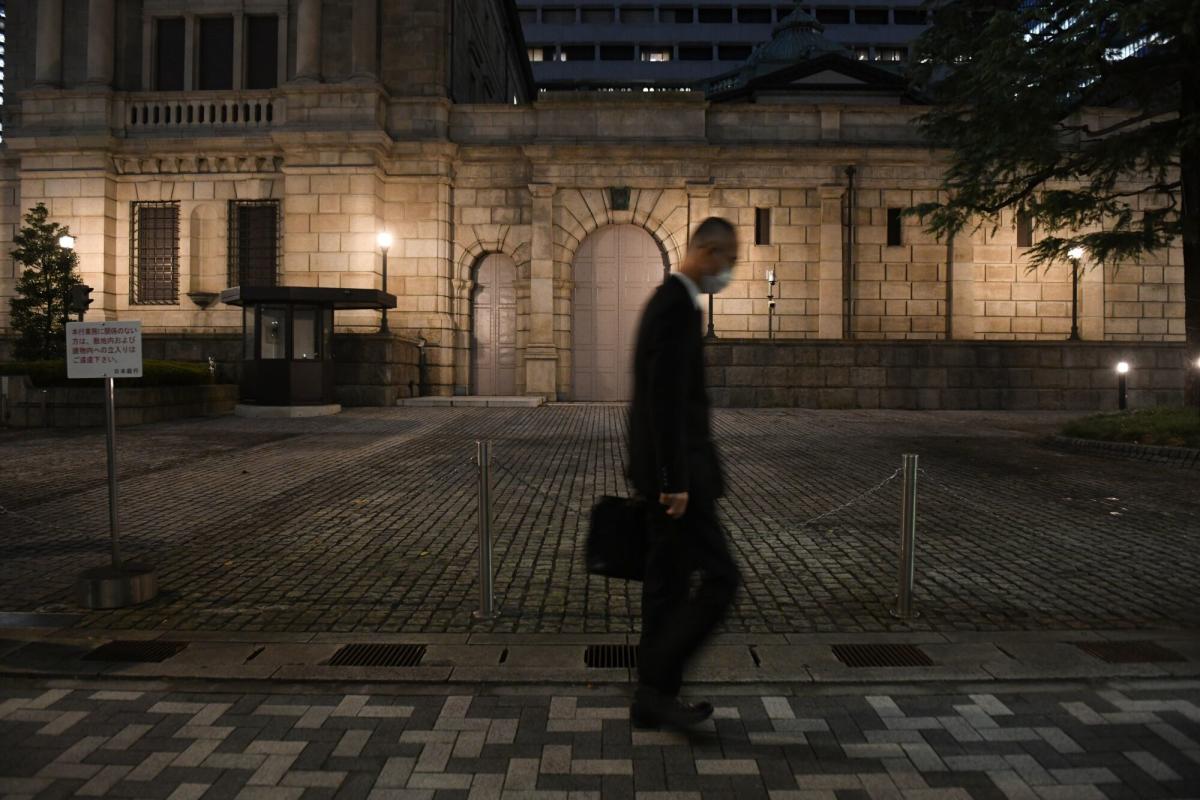Gina Raimondo, the secretary of commerce, began meeting Chinese officials on Monday as the latest Biden administration emissary seeking to stabilize ties between the world’s two largest economies. In working toward that goal, she has a lot of ground to cover.
During meetings with government officials and business leaders in Beijing and Shanghai this week, Ms. Raimondo is expected to tackle a range of challenging issues in the U.S.-China relationship, from explaining the controls the United States is rolling out on China’s access to advanced chips and other technology, to promoting ties in less sensitive areas.
Ms. Raimondo is likely to announce the creation of groups with China to discuss technology and business issues, and to cap her visit with a trip to Shanghai Disneyland to highlight the potential for more tourism between the countries, according to people familiar with the plans.
In a meeting with China’s minister of commerce in Beijing on Monday morning, Ms. Raimondo said that it was “profoundly important” for the two countries to manage their differences.
“It’s a challenging relationship, we will of course disagree on certain issues, but I believe we can make progress if we are direct, open and practical,” Ms. Raimondo said.
The meetings are coming at a critical juncture, where relations between the countries are strained and China’s economy appears to be slowing. Here’s a look at the issues that are expected to dominate the trip.
U.S.-China tech war
One major topic for both sides will be the mounting restrictions on trade in advanced technology between the countries, particularly those imposed by the United States. Ms. Raimondo’s department oversees the export controls that the Biden administration put in place on China’s access to advanced chips last October, which have angered Chinese officials and prompted retaliation.
Chinese officials are also upset about the Biden administration’s proposal earlier this month to bar private equity and venture capital firms from making investments in China in quantum computing and advanced semiconductors, as well as a new bipartisan law aimed at strengthening the U.S. semiconductor industry, which bars companies that accept federal money from making new, high-tech investments in China.
China has had its own, much broader limits since 2016 on most overseas investments by Chinese companies and households. Chinese officials also recently scuttled a planned merger between Intel and an Israeli chip-maker, and banned some sales by the U.S. chip-maker Micron, which Micron has estimated could cost the company roughly an eighth of its global revenue. The moves against Micron and Intel were seen by some China experts as retaliation for the Biden administration’s tougher treatment of China’s tech sector.
In an effort to prevent an economically damaging tit-for-tat, Ms. Raimondo is expected to argue that the U.S. trade restrictions are aimed at protecting domestic security, not holding…
2023-08-28 00:52:44
Article from www.nytimes.com
rnrn


















